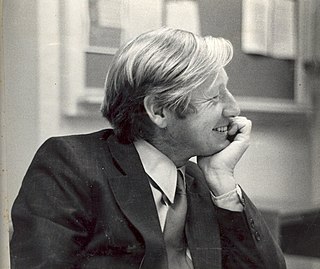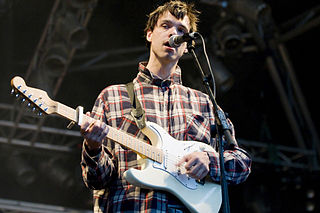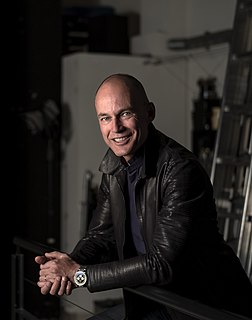A Quote by Krzysztof Penderecki
So many new things have been discovered in the 20th century that now, at the end of the century, we need some kind of synthesis, some musical language which will allow us just to write music.
Related Quotes
In the 20th century, we had a century where at the beginning of the century, most of the world was agricultural and industry was very primitive. At the end of that century, we had men in orbit, we had been to the moon, we had people with cell phones and colour televisions and the Internet and amazing medical technology of all kinds.
D-Day represents the greatest achievement of the american people and system in the 20th century. It was the pivot point of the 20th century. It was the day on which the decision was made as to who was going to rule in this world in the second half of the 20th century. Is it going to be Nazism, is it going to be communism, or are the democracies going to prevail?
The 21st century looks different. It's been very disruptive. It has created a lot of insecurity. We have to adjust to that, because the 21st century has real promise. Now, the higher-paying jobs of this new century are fantastic. The problem is, you have to have some level of higher education, maybe not a four-year degree, but some level of higher education, to get those jobs.
Repression is good for cultural achievement. Let's face it. What are gay boys going to be like? I always like to say the 19th-century gay boy was Oscar Wilde, the 20th-century gay boy was Stonewall and ACT UP. And in the 21st century, we have blocking people on Grindr. That's what we've accomplished. Without some kind of traction.








































